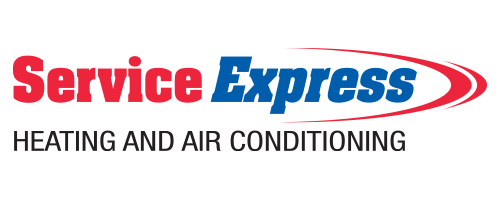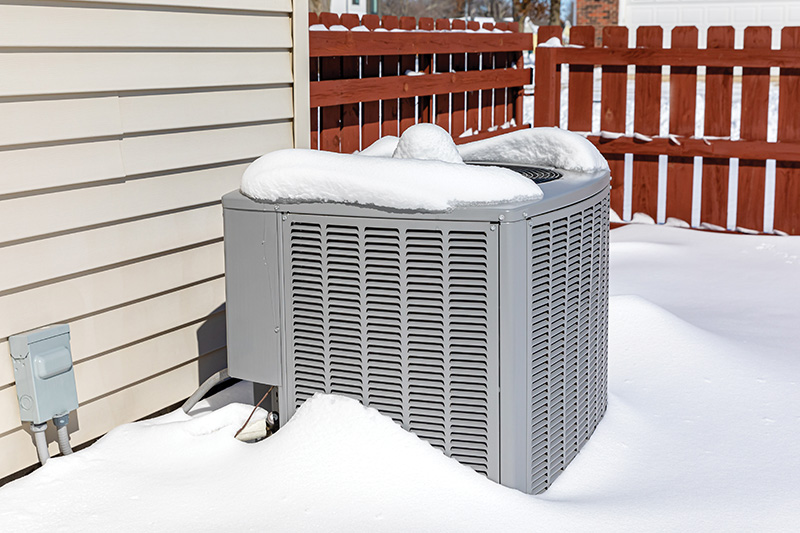As the seasons change, so do the demands placed on your HVAC system. That’s why winterization is so important.
As the seasons change, so do the demands placed on your HVAC system. Understanding how seasonal changes can impact your system is crucial. You need to ensure its optimal performance during the winter months. In this blog, we discuss why winterization is so important. We also provide the best time to winterize your HVAC system.
Do The Seasons Affect Your HVAC System?
Your HVAC system is a vital part of your home. But like every other system in your home, your HVAC system is often affected by seasonal changes. Winter brings a significant drop in temperature. Your heating system has to work harder to maintain a comfortable indoor space. This increased workload can strain your HVAC system. This is especially true if it hasn’t had proper maintenance. Winter air tends to be drier, which can affect the efficiency of your HVAC system. Low humidity can lead to discomfort, dry skin, and can even damage furniture and flooring. Outdoor allergens tend to decrease during the winter. But indoor allergens like dust mites, pet dander, and mold spores can increase. Proper winterization helps filter out these allergens, ensuring better indoor air quality.
Why Winterization is Vital for Your HVAC System
Winterization is the process of preparing your HVAC system for the colder months. It is vital for several reasons.
- Optimized Performance. Winterization ensures that your HVAC system operates at peak efficiency. This provides reliable and consistent heating throughout the winter. This helps prevent unexpected breakdowns and maintains a comfortable indoor environment.
- Energy Efficiency. A winterized HVAC system is more energy-efficient. This can lead you to cost savings on your utility bills. With optimized system performance, you can reduce your bills while enjoying the warmth.
- Extended Lifespan. Winterization helps identify and address any issues in your HVAC system. By addressing these problems, you can extend the lifespan of your equipment. This reduces the need for costly repairs or replacements.
- Improved Indoor Air Quality. Winterization includes cleaning or replacing filters. These help to remove airborne allergens and pollutants from your home. This promotes healthier indoor air quality. It also reduces the risk of respiratory issues and allergies.
When is the Best Time to Winterize Your HVAC System?
The best time to winterize your HVAC system is before the colder weather sets in. You should schedule winterization in the fall during the early autumn months. This ensures that your system is ready to handle the demands of winter. Fall is the best time to address any maintenance requirements your system may have. This includes cleaning or replacing filters, inspecting components, and lubricating moving parts. Winterizing in the fall allows you to ensure that your system is in optimal condition before you need it. It gives you peace of mind knowing that your HVAC system can provide reliable warmth when you need it. Scheduling winterization in the fall allows you to avoid the rush when cold weather hits. By taking proactive steps, you ensure that your HVAC system is ready well ahead of time.
Contact Us
Winterizing your HVAC system is crucial for optimal performance in the colder months. By recognizing the importance of winterization, you keep your home warm and energy-efficient. If you need help winterizing your HVAC system, contact us today!

